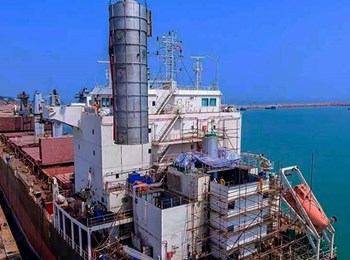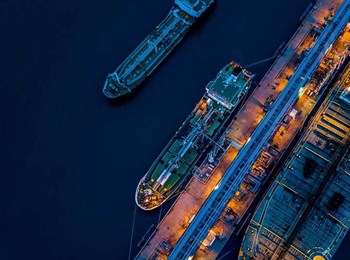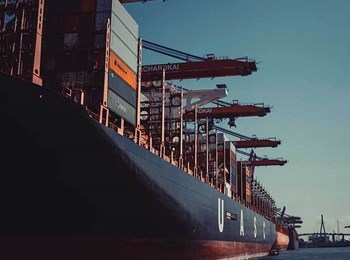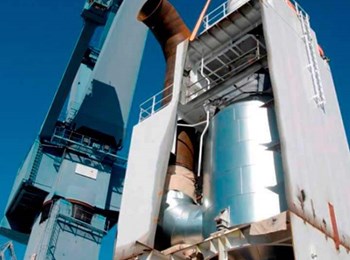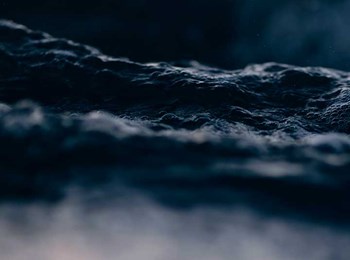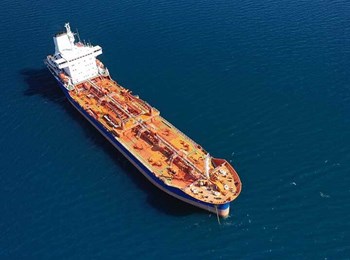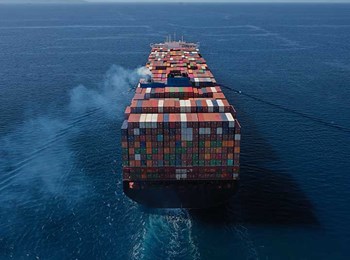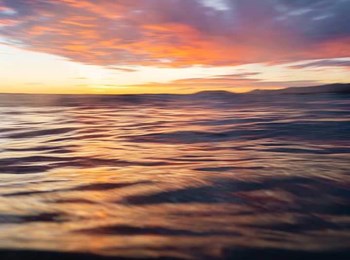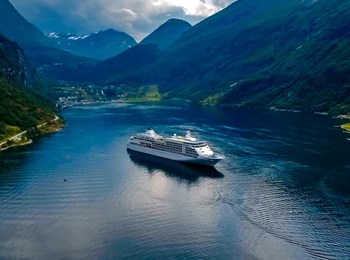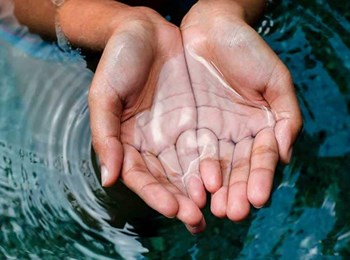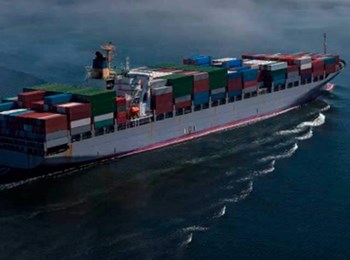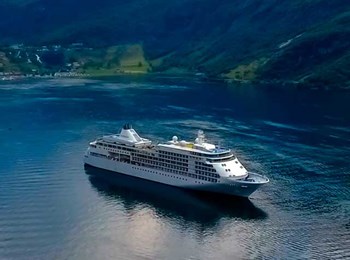Environmental restrictions are adopted worldwide to secure a sustainable future and comply with the UN SDGs. This also applies increasingly to the shipping industry as several countries have banned the discharge of wash water from open-loop scrubbers. Let us elaborate on which countries have adopted a prohibition.
An open-loop scrubber decreases air pollution but discharges sulfuric scrubber wash water containing gaseous and particulate emissions removed from the exhaust gases into the sea. More ports adopt stricter environmental regulations to fight ocean acidification, making it difficult for vessels to operate with an open-loop scrubber. As of today, more than 120 ports worldwide have banned open-loop scrubber discharge. In November 2020, the European Parliament’s environmental committee voted to out-phase and banned open-loop scrubbers. Prohibition mainly applies in high-traffic areas, such as ports and canals. According to NorthStandard, it is prohibited to discharge scrubber wash water or have an open-loop scrubber in many ports and territorial waters, including:
- Bahrain (within port limit)
- Belgium (ports and inland waters)
- Belize (ports and territorial waters)
- Bermuda (territorial waters)
- Brazil (specific ports)
- Canada, Vancouver (specific ports)
- China (territorial waters)
- Croatia (ports)
- Egypt (Suez Canal)
- England (specific ports)
- Finland (Specific ports)
- France (specific ports)
- Germany (inland waters and ports bordering inland waters)
- Ghana (territorial waters)
- Gibraltar (local waters)
- India (specific ports)
- Ireland (specific ports)
- Israel (ports and anchorage areas)
- Ivory Coast (ports and local territorial waters)
- Kenya (within port limit)
- Lithuania (port waters)
- Malaysia (territorial waters)
- Mauritius (territorial waters)
- Mozambique (specific ports)
- Norway (heritage fjords)
- Oman (territorial waters)
- Pakistan (within port limits)
- Panama (the Panama Canal)
- Portugal (port waters)
- Qatar (territorial waters)
- Romania (within port limits)
- Saudi Arabia (within port limits)
- Scotland (within the ports of Forth and Tay)
- Singapore (within port limits)
- Slovenia (ports and territorial waters)
- Spain (within the port of Algeciras)
- Sweden (within the port of Brofjorden)
- Turkey (ports and territorial waters)
- UAE (within Fujairah and Abu Dhabi port limits)
- USA (within Connecticut port waters, Californian waters, and Port of Seattle)
- Wales (specific ports)
Please be aware that this information is to the best of our knowledge and is for guidance only. For current and definitive information, contact the local authorities or agents.

